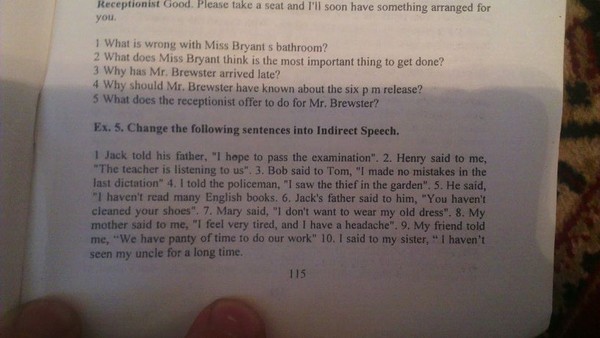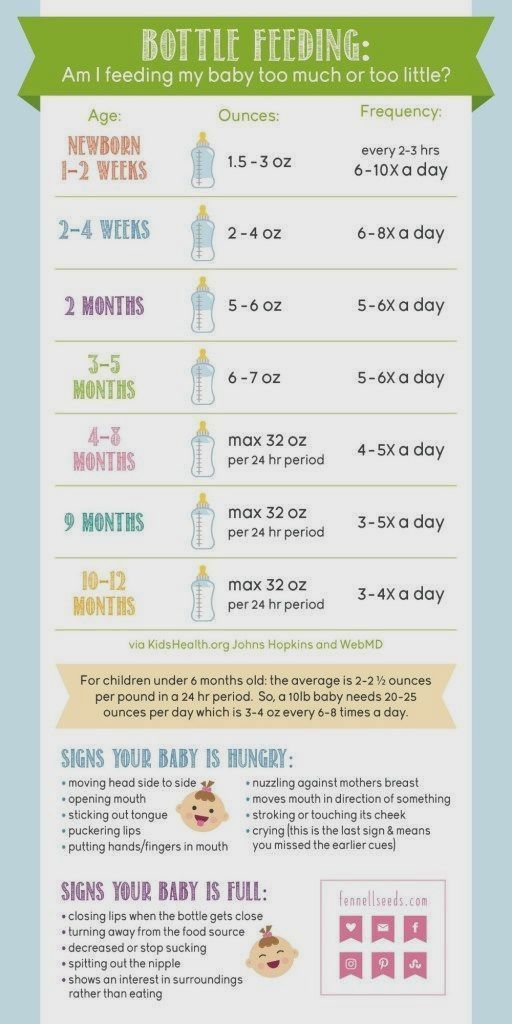How old before a child can be left alone at home
Is Your Child Ready to Stay Home Alone?
While child experts typically agree that 11 or 12 years old is an appropriate age to stay home alone for a few hours, there are a number of factors to consider. It is important to recognize that the right time will vary by family, so trust your instincts. With some advance planning and preparation, this milestone can be a great way to build your child's independence and confidence.
How to gauge if your child is ready for the responsibility
Knowing the right time is different for each family. Take into account the maturity of your child, where you live, your nearby support network, and how far away you will be. Some states do have laws about when you can leave a child home alone, with minimum ages ranging from 8 to 14 years old. These laws typically include language about "unreasonable amounts of time," so check the details for your local regulations before setting a plan.
Here are some guidelines to consider when deciding whether your child is ready to be home alone:
Age
Do you think your child is old and mature enough to take care of themselves? Keep in mind that each child's maturity and parents' comfort level may be different. Most children will not be mature enough to manage being alone on a regular basis until they are about 10 or 11 years old. However, some parents may be OK leaving a more mature 8- or 9-year-old home alone for a half hour or so once in a while.
Caution
Does your child think before they act? This is especially important for young teens, who may be tempted to experiment with illegal activities such as sneaking a few sips of liquor from the liquor cabinet. How does your adolescent respond to peer pressure?
Comfort
Would your child feel comfortable left alone? Have you directly asked your child if they would be OK home alone?
Common sense
Would your child be able to make good judgements on their own. Do they have common sense? For example, if the milk smells sour or curdles when it's poured, would your child drink it?
Interests
Can your child keep busy without relying on relying on television or video games? Can they creatively use their time with activities such as reading, drawing, making music, doing homework and playing with toys, among other things?
Safety
Would your child be able to remember and follow important safety rules? For example, can they tell you how they would respond to a fire, gas leak or other emergency? Can they follow other rules such as not opening the door, not telling telephone callers that they are alone, and not posting on social media that they are alone?
Plan ahead
Once you have decided that your child is ready to take on this new responsibility, take some time to plan and talk as a family to ensure a successful experience. First, gather information that your child may need while you're gone.
First, gather information that your child may need while you're gone.
Key contacts
Make sure your child knows your cell phone number, workplace numbers, how to reach key family members and your pediatrician contact information. Post these details in a visible location, such as on your refrigerator or a family bulletin board. Make sure your child is familiar with when to call 911.
First aid kit
Make sure to have a first aid kit on accessible, including for all of the basics for minor injuries, such as bandages, alcohol wipes and antiseptic ointment. Teach your child when and how to use the supplies in the kit.
Emergency supplies
Show your child where you store flashlights and batteries and anything else they might need if the power goes out or something unexpected happens.
Problem-solve together
You will need to talk through common situations and potential emergencies so your child knows how to respond. This should include:
Alarm systems
If you have an alarm system, show your child how to turn them off and on and watch as they practice.
Cooking
What food is allowed when you are gone? Is cooking allowed? Make sure your child has practiced with you before using any appliances.
Emergency exit plan
What should your child do if there is a fire or gas leak? Are they familiar with your home's smoke and carbon monoxide detectors?
Injuries
Walk through your first aid kit and how to address minor injuries. Discuss when to call 911 and who to call first. In a life-threatening situation, remind your child to call 911 before taking time to contact you.
Pets
Do you have pets that need care while you are gone? What happens with the animals during an emergency?
Phones and doors
Do you want your child to answer the door or the phone? If they do, what should they say to someone who asks for you? Do they know when it is appropriate to let someone into the house?
Spare keys
If your child is locked out accidentally, does a neighbor have a key, or is there one hidden outside the house?
Take a test run, asking your child how they would handle different situations.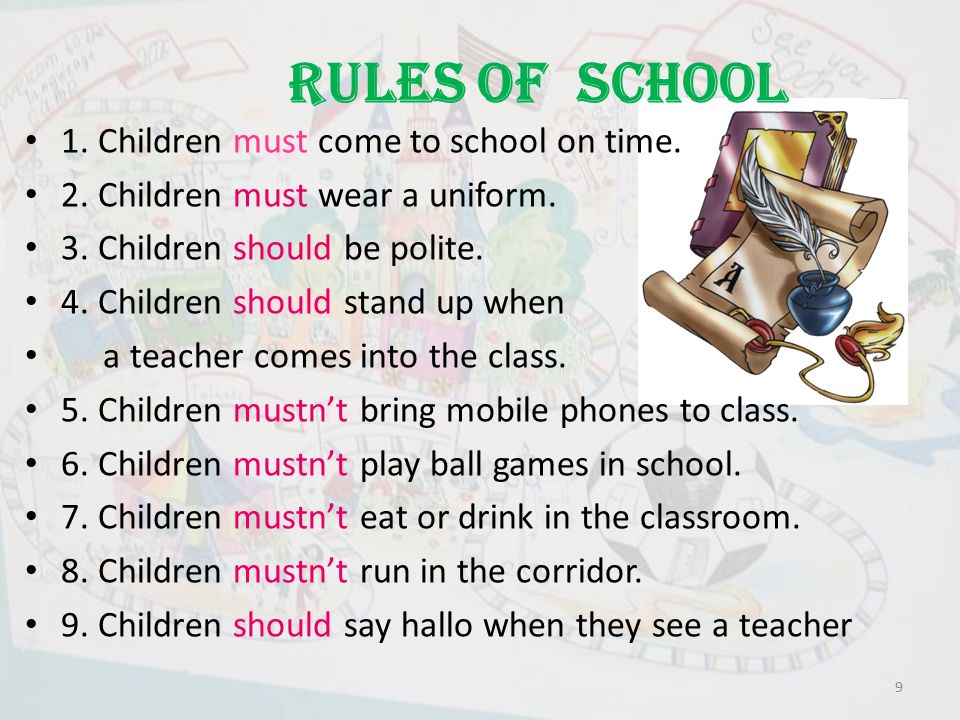 Remind your child that although you aren't home, you are accessible by phone or text if anything should come up. If you won'' be available, make sure your child knows who the first point of contact should be if they have a question, there is an emergency, or if they just need some reassurance. If they will be looking after younger siblings, consider a first aid or cardiopulmonary resuscitation (CPR) class held locally.
Remind your child that although you aren't home, you are accessible by phone or text if anything should come up. If you won'' be available, make sure your child knows who the first point of contact should be if they have a question, there is an emergency, or if they just need some reassurance. If they will be looking after younger siblings, consider a first aid or cardiopulmonary resuscitation (CPR) class held locally.
Set the rules
Kids of all ages need to recognize rules and boundaries to keep them safe. This is particularly important as children become teenagers.
Always check in
Your child should contact you to check in when they first get home. It does not have to be a lengthy discussion, but a quick phone call or text creates a routine and gives you a chance to gauge how the day is going. If you or your child is anxious about the time alone, consider a video call or texting a few silly photos to provide peace of mind to both of you.
Set boundaries on socializing
Have clear expectations about friends. Provide rules about who can visit your home and where your child can go when you are not home. If your child will be going out or hosting friends, establish steps for notifying you, ensure the other parents are aware that no adult is home, and set limits on times and activities.
Provide rules about who can visit your home and where your child can go when you are not home. If your child will be going out or hosting friends, establish steps for notifying you, ensure the other parents are aware that no adult is home, and set limits on times and activities.
Set rules around media use
Provide options for what your child can and cannot do when they're home alone, including how they use media. Having a set list of daily chores and tasks can help keep them busy. Also, there are a number of tools parents can set up to set reasonable limits on various games and apps and even household Wi-Fi usage. Consider creating a family media use plan.
Try it out
During your initial outings, set your child up for success by keeping the timeframe short or picking a time of day without more complex responsibilities, such as cooking. As both you and your child become more comfortable, you can extend the time your child is home alone.
Remember
Talk with your pediatrician if you have any questions about your child's safety and developmental readiness.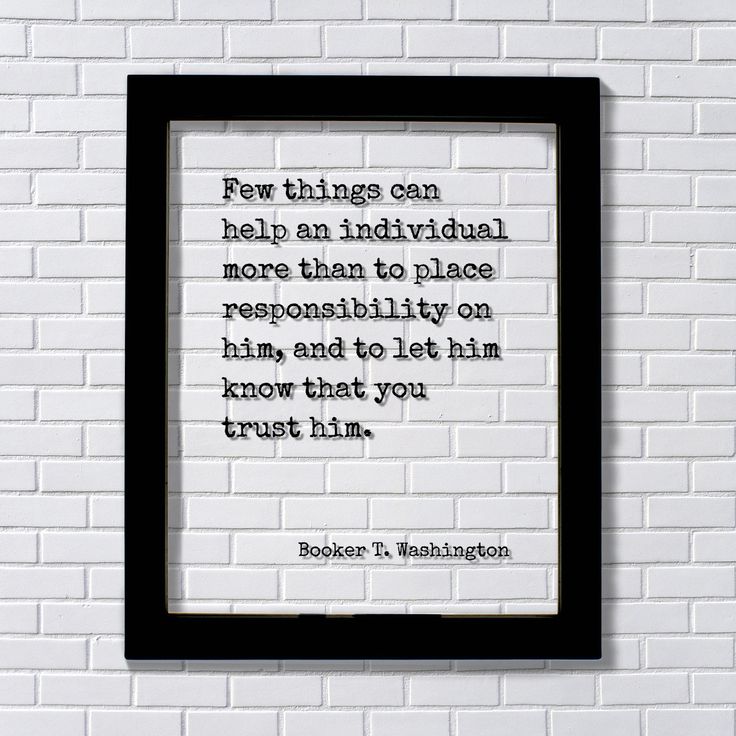
More information
- Fire Safety: Planning Saves Lives
- Family Media Plan Tool
- Stages of Adolescence
- Finding a Sitter: Tips for Parents
The information contained on this Web site should not be used as a substitute for the medical care and advice of your pediatrician. There may be variations in treatment that your pediatrician may recommend based on individual facts and circumstances.
Home Alone Rules by State
Search
Search
Share what kind of mom you are!
Get to know other mom types!
Many parents are faced with the dilemma of at what age can children stay home alone, especially during after-school hours or the summertime. Before you consider leaving your child without supervision, be sure they are reasonably mature, able to take care of themselves, and completely prepared for emergency situations. Set ground rules, review basic safety guidelines, and establish routines that are designed to keep your child healthy and safe. Our iMom printable with 10 Home Alone Rules is a good start.
Set ground rules, review basic safety guidelines, and establish routines that are designed to keep your child healthy and safe. Our iMom printable with 10 Home Alone Rules is a good start.
We have some great tools to get you started. First up, just because they meet the age requirement, it doesn’t mean they are mature enough to stay home alone. So here are 5 ways to know if your child is ready. If you decide that yep, we’re good to go, here are 6 ways to train your child to stay home alone and conversation starters to get talking about your expectations and their concerns. And chances are, you’ve got one kiddo who is going to assume the role of babysitter, so check out our Babysitter Checklist printable to make sure all the important details are covered.
The following table lists the minimum age at which children may be left at home alone, categorized by state, within the United States. Please note that city and county ordinances within each state may have more definitive and restrictive laws. Call your State DHS or local child welfare agency to learn about age guidelines in your area.
Call your State DHS or local child welfare agency to learn about age guidelines in your area.
The National SAFEKIDS Campaign recommends that no child under the age of 12 be left home alone.
| State | Minimum Age | Reference |
| Alabama | None | Alabama’s Child Neglect Law |
| Alaska | None | Alaska Office of Children’s Services |
| Arizona | None | Arizona Department of Child Safety |
| Arkansas | None | University of Arkansas Cooperative Extension Service |
| California | None | California Department of Education |
| Colorado | 12* | CO4 Kids |
| Connecticut | None | Connecticut Department of Children and Families |
| Delaware | 12* | Delaware Division of Family Services |
| Florida | None | Florida Department of Children and Families |
| Georgia | 9* | Georgia Department of Human Services |
| Hawaii | None | Hawaii Department of the Attorney General |
| Idaho | None | No resource found |
| Illinois | 14 | Illinois Compiled Statutes |
| Indiana | None | Prevent Child Abuse Indiana |
| Iowa | None | Iowa Department of Human Services |
| Kansas | 6* | Kansas Department for Children and Families |
| Kentucky | 11* | WeHaveKids. com com |
| Louisiana | None | Louisiana Department of Children and Family Services |
| Maine | None | Maine Department of Health and Human Services |
| Maryland | 8 | Baltimore County, Maryland FAQ |
| Massachusetts | None | Massachusetts Trial Court Law Libraries |
| Michigan | 10* | The Michigan Child Protection Law |
| Minnesota | 8* | Center for Advanced Studies in Child Welfare |
| Mississippi | None | Mississippi State University Extension |
| Missouri | None | Missouri Department of Social Services |
| Montana | None | Montana Department of Public Health & Human Services |
| Nebraska | 7* | WOWT |
| Nevada | None | Las Vegas Review-Journal |
| New Hampshire | 10* | WOKQ |
| New Jersey | None | New Jersey Department of Children and Families |
| New Mexico | None** | City of Albuquerque Child Safety at Home |
| New York | None | New York Office of Children and Family Services |
| North Carolina | 8 | North Carolina Fire Code G. S. 14-318 S. 14-318 |
| North Dakota | 9* | North Dakota Department of Human Services |
| Ohio | None | Ohio Children’s Trust Fund |
| Oklahoma | 7* | Oklahoma Department of Human Services |
| Oregon | None | Oregon Legal Research |
| Pennsylvania | None | Legal Zoom Info |
| Rhode Island | None | No resource found |
| South Carolina | None | Coastal Law |
| South Dakota | 10* | South Dakota Safety Council |
| Tennessee | None | Tennessee Juvenile & Family Courts |
| Texas | None | Texas Department of Family and Protective Services |
| Utah | None | Utah Valley Pediatrics |
| Vermont | None | Town of Williston, Vermont |
| Virginia | None | Virginia Department of Social Services |
| Washington | 10* | Seattle’s Child |
| West Virginia | None | TEAM for West Virginia Children |
| Wisconsin | None | City of Madison Fire Department |
| Wyoming | None | No resource found |
Some information taken with permission from http://www. latchkey-kids.com.
latchkey-kids.com.
*Age is recommended, but not legally required.
**While New Mexico does not have a state law mandating the minimum age required for a child to stay home alone, a City of Albuquerque Ordinance states that children under the age of 11 may not be left home alone.
When would you feel comfortable leaving your kids alone?
ASK YOUR CHILD...
What do you look forward to most about becoming an adult?
Leave a Comment
You Might Also Like...
Get daily motherhood
ideas, insight, &inspiration
to your inbox!
Facebook Twitter Pinterest Instagram
from what age is it possible, parental responsibility, fines and criminal article, memo
Tamara Skokova
specialist of the guardianship and guardianship authority
Author profile
In 2020, 1339 children fell out of windows in Russia, 145 of them died.
Danger lies in wait for children everywhere - in ponds, transport, on the playground, at home. Tragedy can happen due to a combination of circumstances, but there are times when adults are to blame, who did not carefully look after children. For example, in January 2022, a four-year-old boy died in a fire due to the fault of a drunk mother, and in February, a six-year-old girl.
Parents, adoptive parents and guardians of minors are responsible for their life and health. And if a child gets hurt, they will be held accountable. How and for what legal representatives of minors can be punished, I will tell further.
What you will learn
- What are the responsibilities for parents
- What are the conditions considered dangerous for a child
- When can children be left unattended
How to raise children and not go broke
The best materials on how to cope with parenthood and get the most out of the state - every Tuesday in your mail. Free of charge
Free of charge
Responsibilities for parents
Administrative. By law, parents have many responsibilities towards their children. For example, they must support them, educate, educate and protect their rights and interests.
If parents do not fulfill their duties, they may be held administratively liable. Then they face a warning or a fine - 100-500 R.
Art. 63, 64 SK RF
Parents can be fined in different situations. For example, if they kicked the child out of the house, do not buy the necessary things or products for him, do not send him to school, or do not follow how he attends it and how he studies. I will give real examples from my own and judicial practice later in the article.
Parents can also be punished if their child under 16 uses alcohol or drugs. Fine - 1500-2000 R.
In addition to federal administrative responsibility, there is also regional - in the laws of the constituent entities of the Russian Federation there may be additional offenses and punishments for parents.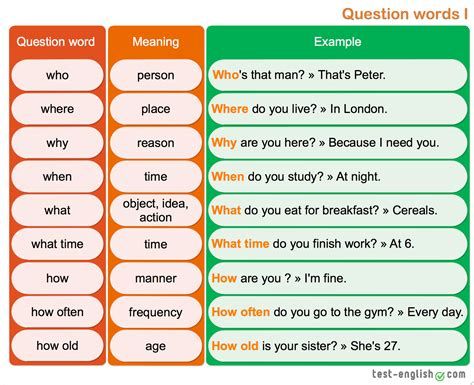 For example, in St. Petersburg, children under 14 years of age cannot walk large dogs without adults - with a height of 40 cm at the withers. For this, parents can be fined 1000-5000 RUR.
For example, in St. Petersburg, children under 14 years of age cannot walk large dogs without adults - with a height of 40 cm at the withers. For this, parents can be fined 1000-5000 RUR.
Part 2 8_1 of the Law of St. Petersburg on Administrative Offenses
Cases of administrative offenses of parents are considered by the Commission on Juvenile Affairs (KDN). We talked in detail about what CDNs are and how they work in an article about dysfunctional families.
Criminal. Parents who, in addition to failing to fulfill their duties, also abuse children, commit a crime. Here is the punishment the court can impose:
- fine - up to 100,000 R or in the amount of the convict's annual salary;
- compulsory work - up to 440 hours;
- correctional labor - up to two years;
- forced labor - up to three years;
- imprisonment - up to three years.
The Family Code states that maltreatment of minors includes physical or mental violence against them and an attack on their sexual integrity. And the UN Convention on the Rights of the Child additionally lists other situations from which children need to be protected:
And the UN Convention on the Rights of the Child additionally lists other situations from which children need to be protected:
- all forms of physical and psychological abuse;
- insults and abuse;
- neglect and neglect;
- abuse and exploitation, including sexual abuse.
ref. 5 st. 69 SK RF
In practice, child abuse can be considered situations when parents deprive him of food, lock him up somewhere for a long time, systematically humiliate and insult him, mock him or beat him.
Parents who leave their children in danger can also be held criminally liable: that is, they do not help the child in a situation that threatens his life or health. In this case, the threat must be real, not abstract, and the child must not be able to cope with it himself. For example, if he fell and was badly injured, left alone in a deep place in the river or in the middle of a street with busy traffic.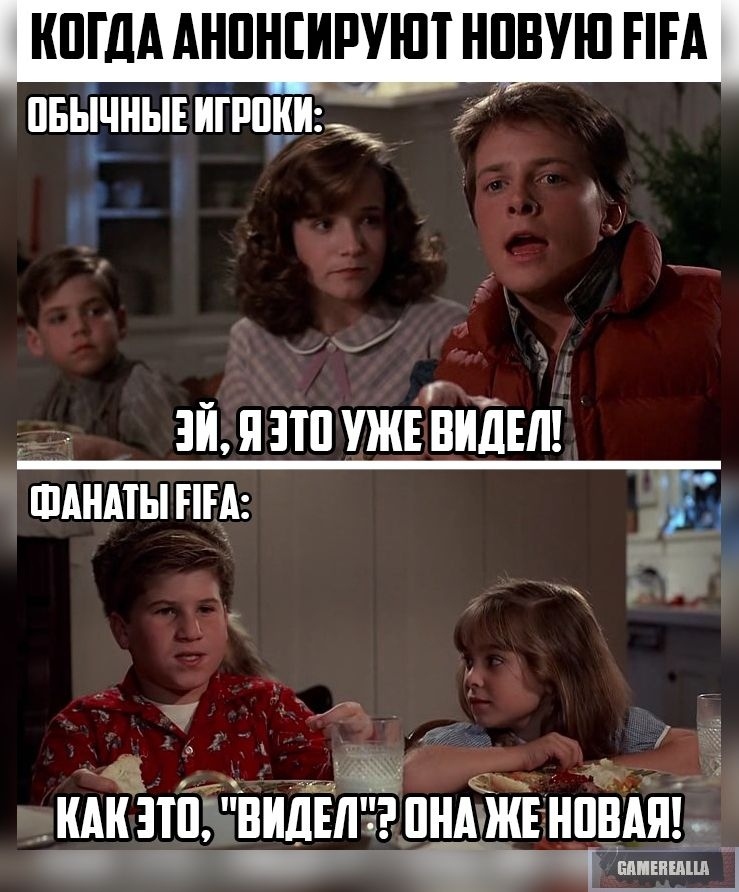
Art. 125 of the Criminal Code of the Russian Federation
Why the child got into this situation does not matter. The main thing is that the parent did nothing to help him, although he could. For example, he saw that the child swam too far, but did not pay attention to this and continued to sit on the shore.
At the same time, the parent is not required to thoughtlessly sacrifice his life to save the child. He must choose a method that will not harm anyone. For example, if a child is drowning and his mother cannot swim, she will not be punished for not jumping into the water to save him. But she must help him from the shore - call the rescue service, call passers-by.
Punishment for leaving a child in danger can be:
- a fine of up to 80,000 R or in the amount of the convict's six-month salary;
- compulsory work - up to 360 hours;
- correctional or forced labor - up to a year;
- arrest - up to three months;
- imprisonment - up to a year.
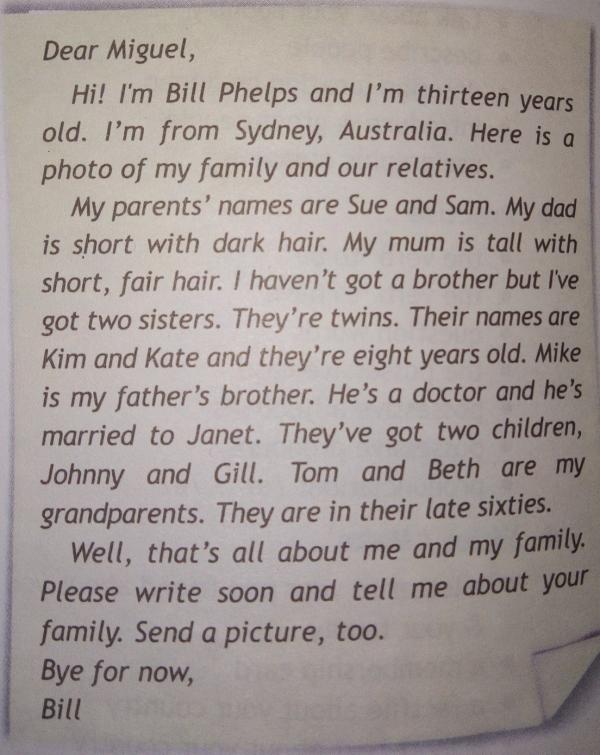
/guide/doroga-v-shkolu/
How to teach a child to get to school safely
For one of the parents, a mother, there is a special article in the criminal code: the murder of a newborn child by a mother. It is used if the child died due to the fault of the mother within a month after birth. Moreover, this can happen not only because of the actions of the mother, but also because of her inaction. For example, if she leaves a lightly dressed newborn alone on a cold balcony for a long time or simply does not feed him.
I had a case where a mother was sentenced to two years in prison for strangling a three-day-old baby with a gown belt. The girl was 18 years old, after giving birth she was left alone with the child and could not cope with the fact that he screamed a lot. In court, she said that it was the only way for her to go out for a smoke, and now she is free.
Civil liability is borne by parents when they need to compensate for property damage caused by a child.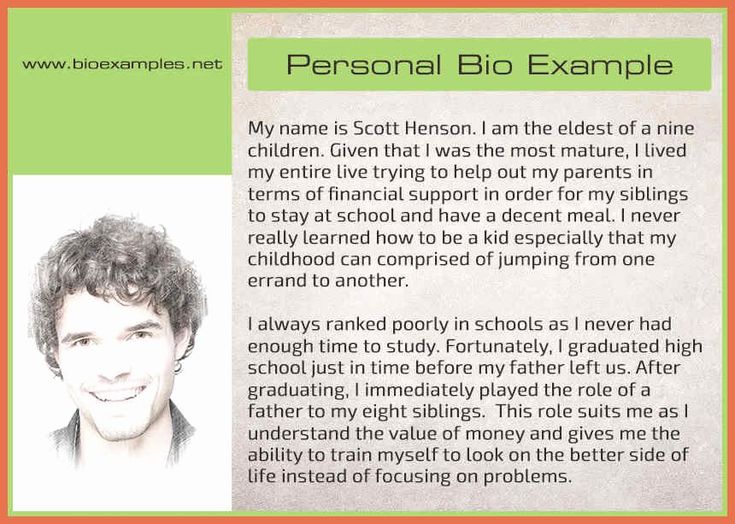 Under the law, until the age of 14, the legal representatives are responsible for the child. This means that if a child breaks the window of someone else's apartment with a stone, then the parents will pay for the repairs.
Under the law, until the age of 14, the legal representatives are responsible for the child. This means that if a child breaks the window of someone else's apartment with a stone, then the parents will pay for the repairs.
Art. 1073 of the Civil Code of the Russian Federation
The same responsibility is borne by organizations that have to look after children - kindergartens, schools, hospitals. And nannies who look after children under agreements with their parents.
I will give two examples from judicial practice. In the first case, three guys launched a quadrocopter, which at some point landed on the roof of a building and never took off again. The children tried to hit the quadcopter with stones and accidentally hit a car parked nearby. The owner of the car estimated the damage at 153,000 R. The parents of the children refused to pay, but they had to do it by court order. In addition, they paid an additional 20,000 R for state duty, postage, damage assessment and legal services.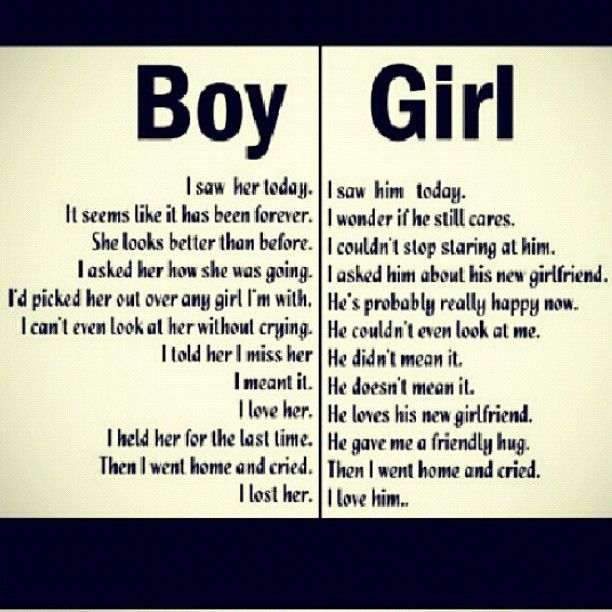
In the second case, while shooting from an air pistol, a boy hit a girl in the eye with a metal bullet. Surgeons had to remove it, and after the operation, scars remained near the eye. As a result, the Moscow City Court ordered the boy's parents to reimburse the girl's parents for the money they spent on her treatment, as well as moral damages.
But both parents and organizations that temporarily looked after children can avoid liability if they prove that the harm was not their fault. It is more difficult for parents to prove this: they are responsible for the upbringing and behavior of children, therefore, if a child has done something, they are to blame by default. To prove innocence, you will have to confirm that, for objective reasons, the parent did not raise the child. For example, if the second parent does not live with the child and participates in his life only financially.
Amazing story 07/12/19
One schoolboy harmed another. Who will pay: parents or school?
Who will pay: parents or school?
Organizations, on the other hand, are usually only to blame if they did not look after the child closely enough when he harmed someone. And they are not responsible for his upbringing.
Children between the ages of 14 and 18 are responsible for the harm they cause. But if they do not have money or property for this, then the debt will be collected from the parents.
Art. 1074 Civil Code of the Russian Federation
In this article, I will call the deprivation and restriction of parental rights family law responsibility. So only the court can punish the parents. But lawsuits about this are usually filed by guardianship authorities. And, as a rule, this happens with those families that are already registered with the KDN.
Another variant of family law liability is when a child is immediately taken away from the parents due to the fact that something threatens his life. This happens according to the act of the guardianship authority, which, within 7 days after that, must go to court with a claim to deprive the parents of their rights.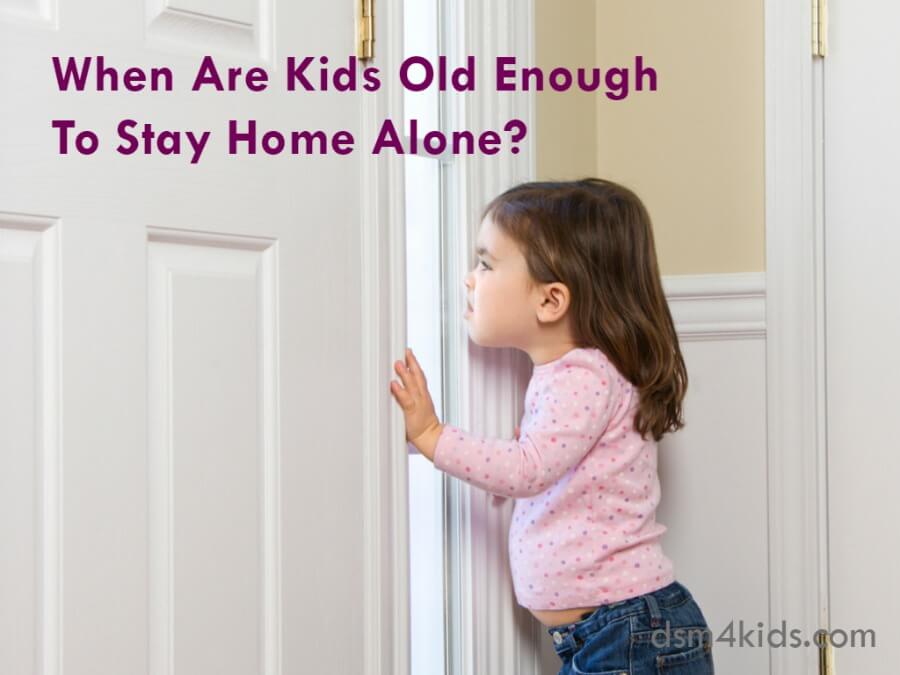
There is no special rule that parents cannot leave their child alone one or more times. You will have to answer only if they deliberately left the child in danger, something happened to him or could happen to him, or he did something himself.
What conditions are considered dangerous for a child
There are many dangers in apartment for a child. For example, household appliances and electrical cables, sockets, sharp corners, doors and windows, household chemicals and medicines. And parents are obliged to ensure that the child does not suffer from all this.
But if a child just hits a corner and gets a bruise, parents won't go to jail for it: anything can happen, the main thing is that they are there and help in time. But if a child was seriously injured due to the fact that they did not fulfill their duties - for example, slipped in the bathroom and broke their arm when the parents were drinking with friends, they can be brought to administrative or criminal liability. But, in my experience, the rare cases where a child falls in the bathroom end without consequences for the parents. Although each situation is individual, and each authorized body will be studied separately.
But, in my experience, the rare cases where a child falls in the bathroom end without consequences for the parents. Although each situation is individual, and each authorized body will be studied separately.
/guide/safety-kids/
How to make your apartment safe for children
Children also often fall out of windows. For example, according to the statistics of the Tver Children's Regional Hospital, from 2020 to 2022, 43 children fell out of windows in the region. And in the Moscow Region, in just 6 months of 2022, more than 50 children fell out of windows. Often accidents happen because of unreliable mosquito nets on windows - they can't even withstand cats, let alone children. And this usually happens when the adult has fallen asleep or is distracted - even for a short time.
Parents may also be held administratively or criminally liable for such an oversight. The more severely the child is hurt, the harsher the punishment will be.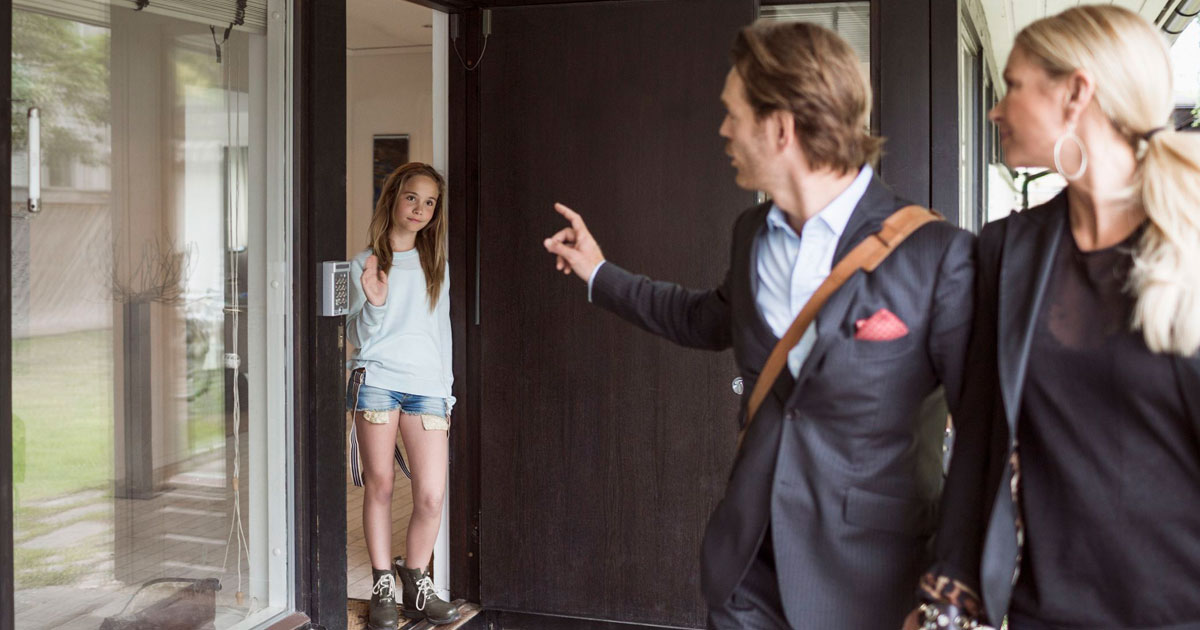
I also had such cases. For example, in the Belgorod region, a two-year-old girl fell out of a window - she climbed onto the windowsill, the window was open, and the mosquito net could not stand it. It was lucky that the apartment was on the first floor, and the girl remained alive, although she suffered quite badly - she received a concussion and a fracture of the temporal bone.
As a result, the girl's mother was brought to administrative responsibility under Art. 5.35 of the Code of Administrative Offenses of the Russian Federation. This is a punishment for her carelessness and shortsightedness.
Children are often injured or killed in fires. For example, according to the statistics of the Ministry of Emergency Situations, in January-March 2022, 90 children died in fires, and 360-390 children die every year.
Fires can be caused by children playing with matches or lighters that adults have left in an accessible area. Or because the parents themselves created a fire hazard situation - for example, they dried clothes over a gas stove, did not fix the wiring in time, or used home-made household appliances. It is especially dangerous when children are left alone in locked rooms: in the event of a fire, they will not be able to go outside.
It is especially dangerous when children are left alone in locked rooms: in the event of a fire, they will not be able to go outside.
/list/catch-fire/
9 household appliances that could set the whole apartment on fire
At the beginning of 2022, two children, eight and two years old, died in a house fire in the Volgograd Region. The house caught fire because one of the boys found her lighter in the kitchen where her mother was smoking, started playing and accidentally set fire to the curtain. The fire quickly spread. Mother was not at home at that time.
In such a situation, parents may be held criminally liable for causing death by negligence - under Part 1 of Art. 109of the Criminal Code of the Russian Federation, if one child died, and under part 3 of the same article - if two or more.
There are times when children's pranks turn into hooliganism. For example, for the sake of entertainment, the guys launch burning airplanes from the roofs of houses and balconies, set fire to mailboxes, door trim of apartments, throw lit smoke bombs into the entrances.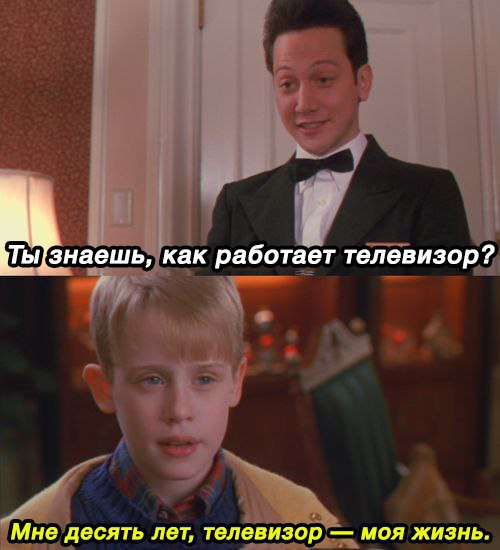 For such behavior, children from the age of 16 are punished for intentional damage to property, and their parents - for dereliction of duty.
For such behavior, children from the age of 16 are punished for intentional damage to property, and their parents - for dereliction of duty.
/teen-riot/
“Not every adult is ready to withstand such pressure”: 5 reasons for teenage rebellion
In addition, parents can be held liable even if they simply left their children at home alone for a long time and they were not harmed, but could be. Such behavior of adults is classified as a threat to the life and health of children.
In 2007 in the Belgorod region, parents left three children - 7 years old, 4 years old and 4 months old - alone for three days. Neighbors called the guardianship authorities when they saw that the older girl was collecting dry branches in the yard to kindle the stove and warm the younger ones.
When we arrived, we found out that the adults had gone to a relative's funeral in a neighboring farm. They left only milk and bread for the children. And all the children survived only because their older sister took care of them.
We drew up an act and a resolution on the selection of children. We also placed the children in a juvenile rehabilitation center and deprived their parents of their rights within seven days.
The court satisfied our claim because the parents deliberately left the children in a situation that threatened their life and health. Children, due to their age, could not take care of themselves and miraculously did not suffer.
Since six months later, the parents of these children had not regained their rights, they were placed in a foster family.
And parents will respond when a child lives in potentially dangerous conditions. Even if he has not suffered yet, but due to the conditions in the apartment or house, he may suffer in the future. In this case, family law liability measures will apply.
The school applied for guardianship - the class teacher said that the brother and sister had not been going to classes for a week, and their parents had not been in touch. Together with the police and the KDN, we went to their house and saw that the children were living in a house without heating, running water or sewerage - due to debts, gas and electricity were turned off for them, and water was only in the yard in the well.
Together with the police and the KDN, we went to their house and saw that the children were living in a house without heating, running water or sewerage - due to debts, gas and electricity were turned off for them, and water was only in the yard in the well.
The children's parents drank and did not cope with their duties - they fed them only bread and biscuits, did not wash, did not wash their clothes. Under such conditions, the boy developed enuresis.
We offered the mother to temporarily place her children in a social rehabilitation center. In the meantime, they are there to solve everyday problems and improve the situation at home. But she refused. Therefore, we prepared an act on the selection of children and forcibly took them away.
The next day we learned that something terrible had happened in the house — the children's grandmother had died from carbon monoxide. The mother was saved. It all happened because they kindled the stove with wood and, in order to keep the heat in the house, closed the chimney damper.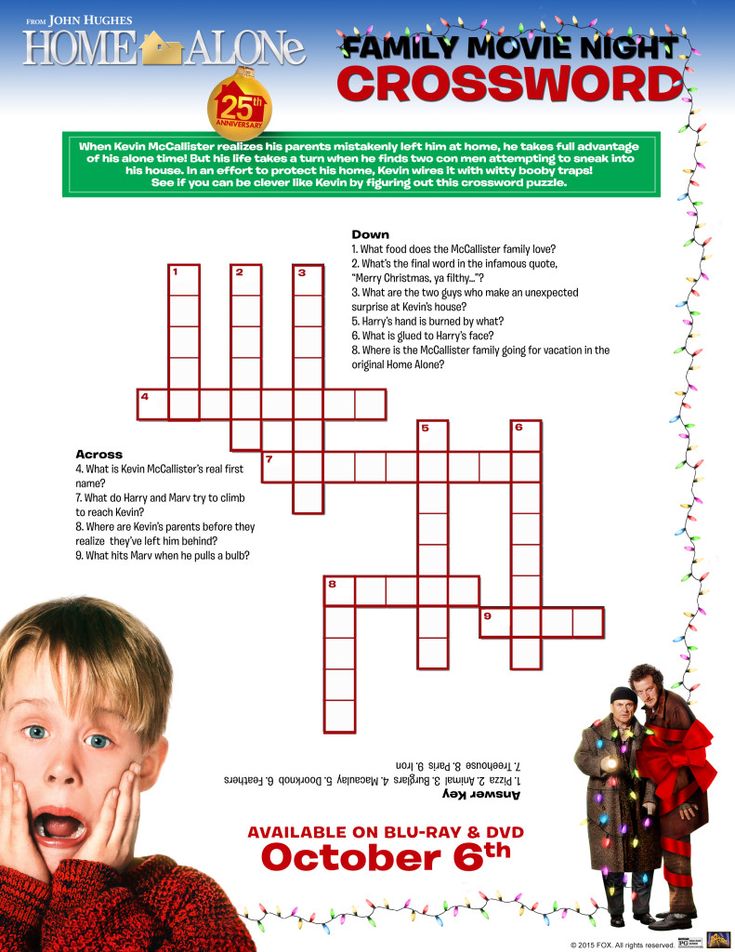
We subsequently restricted the mother's parental rights. But even after that, she did not change her lifestyle. Therefore, in the end, we deprived her of parental rights.
/prava/prava-deti/
Rights of children under 18
In the car. By law, it is forbidden to leave a child under 7 years old alone in a vehicle during a stop and parking. But adults sometimes forget that any car, even with the engine off, is a source of increased danger. And the child can fall into a death trap.
On a hot day in Izhevsk in 2015, a young couple decided not to wake their two-month-old baby and left him in an air-conditioned car with the windows slightly open while they went to the store. When the parents returned half an hour later, the child was no longer breathing. As a result, the police opened a case under Part 1 of Art. 109 of the Criminal Code of the Russian Federation - causing death by negligence.
In 2013, in Krasnoyarsk, three eyewitnesses reported to the police in turn that a one-year-old child had been sitting in a closed car in 30-degree heat for more than an hour. The arriving squad broke the side window of the car and pulled the already suffocating child out of the car. A case was opened against the mother under Art. 125 of the Criminal Code of the Russian Federation - leaving in danger.
The arriving squad broke the side window of the car and pulled the already suffocating child out of the car. A case was opened against the mother under Art. 125 of the Criminal Code of the Russian Federation - leaving in danger.
In 2015, in St. Petersburg, a mother left two children in her car in the summer — a four-year-old boy and a two-year-old girl. She didn’t just run into the store, but left for three hours. The children were saved by passers-by - they opened the salon, after which they called an ambulance and the police. The result for the mother is a criminal case under Art. 125 of the Criminal Code of the Russian Federation for leaving in danger.
But a child in a car can suffer from more than just the heat. In 2013, in the Ulyanovsk region, parents left their daughter in the car. The window was open, the girl stuck her head out and accidentally pressed the power window button. The power was turned on in the car, so the window regulator worked and strangled the girl. The news does not indicate what responsibility the parents were brought to, but probably under Part 1 of Art. 109Criminal Code of the Russian Federation for causing death by negligence.
The news does not indicate what responsibility the parents were brought to, but probably under Part 1 of Art. 109Criminal Code of the Russian Federation for causing death by negligence.
clause 12.8 of the SDA
For violation of the rules for stopping and parking a parent who was driving, or, for example, a school bus driver, may be held administratively liable under Part 1 or 5 of Art. 12.19 of the Code of Administrative Offenses of the Russian Federation. A fine in Moscow and St. Petersburg is 2500 R, in other regions - 500 R. And if something happened to a child in a parked car - he was injured or died, the perpetrator will be prosecuted under article 125 or 109UK RF.
/child-safety-seat/
How to choose a child car seat
If the car was moving, got into an accident due to the fault of the parent and the child was injured, liability will depend on the circumstances. For example, if a child has suffered serious harm, this is Part 1 of Art.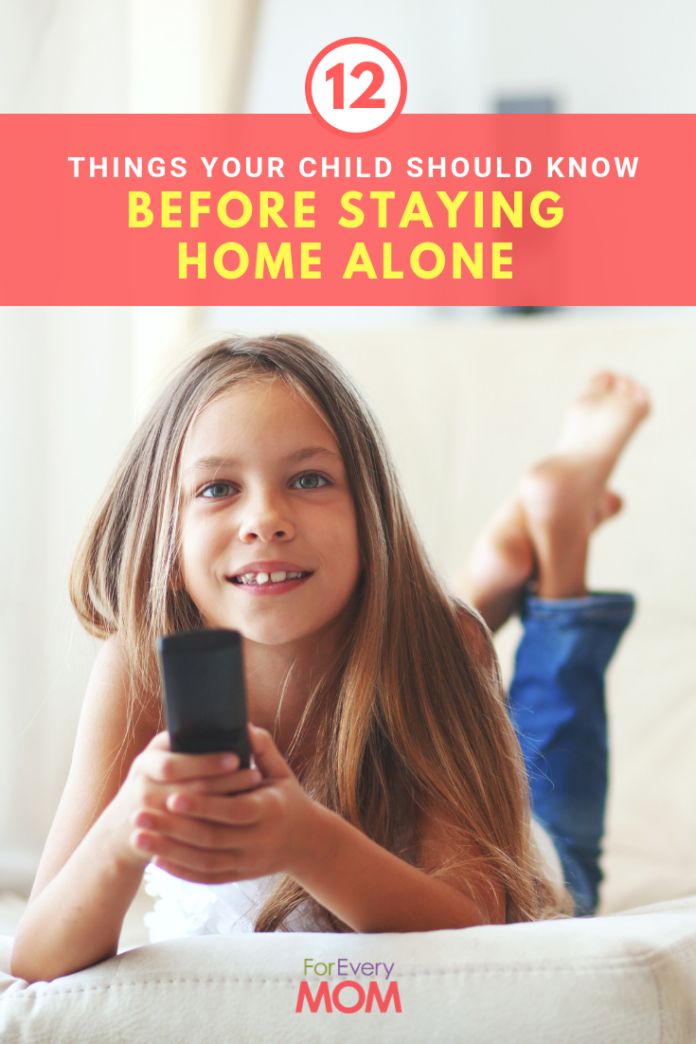 264 of the Criminal Code of the Russian Federation with a maximum penalty of up to two years in prison.
264 of the Criminal Code of the Russian Federation with a maximum penalty of up to two years in prison.
You will also have to pay a fine under Part 3 of Art. 12.23 of the Code of Administrative Offenses of the Russian Federation - 3000 R if you transport a child under 12 years old in a car without a car seat. According to the law, a child under 7 years old can only be transported in a car seat, from 7 to 11 years old - in a car seat in the front seat, and regular seat belts can be used in the back seat, and from 12 years old only regular seat belts can be used.
In the yard and on the playground , a child can also be injured. And whether parents will be punished for this depends on the circumstances of the incident.
How to keep a child safe on a bicycle, roller skates and a scooter
For example, if a child was walking with his mother, accidentally fell and received a bruise, then no one will be punished for this. But if he was engaged in physical education on a public sports ground and suffered because the equipment was broken, the municipality will have to answer, because he is obliged to maintain the site in good condition.
Here is an example from my practice. In the winter of 2017, a 14-year-old teenager died on a hockey rink in the Belgorod region. The boy wanted to pull himself up on the crossbar of the hockey metal goal, but they were not fixed, and the whole structure fell on him and crushed him. Later, at the request of the mother, the court sought compensation for moral damages from the municipality, because it was he who was responsible for this site.
Children can be on Street during the day - parents will not be punished simply for sending their child to the store alone. And even if something happens to him along the way, the person responsible for this, and not mom and dad, will be responsible. But their duty is to teach the child how to safely move around the city.
But if a child is alone on the street at night, then his parents can be held administratively liable - which one depends on the region.
For example, in Moscow there is a law according to which children under 16 cannot be outside without adults from 23:00 to 06:00. For this violation, parents can be fined 100-500 rubles.
For this violation, parents can be fined 100-500 rubles.
Part 3 Art. 3.12 of the Moscow Code of Administrative Offenses
If a police officer sees a minor without adults at night, he will act according to the circumstances. For example, if he sees a group of children in the central square of the city, which is looking at the fireworks, then most likely he will not do anything: the children are clearly not in danger.
But if a child without adults is seen in an industrial zone or a park far from residential buildings, the police are obliged to find out if he is in danger. To do this, they will approach the child, identify him, find out information about his parents - full name, contacts, place of residence, occupation - and try to contact them. If it is not possible to find adults responsible for the child, he can be sent to a specialized institution - a temporary detention center for minors, which is located under the Department of Internal Affairs. But this is done only to ensure the safety of the child.
/bud-ostorozhen/
How the children and I participated in safety training
If adults are found, they will be able to pick up the child. But they can draw up and send a report on an administrative offense to the CDN - if it is established that it is the parents who are to blame. After that, the employees of the KDN will summon the parents to a meeting of the commission and make a decision to bring them to administrative responsibility.
If an accident happened to a child at night or he committed a crime, then the responsibility for parents will be different. I will give two examples from my practice.
In the first case, a child and his friends climbed onto a power line support at night. He was electrocuted and lost his ear and 80% of his vision. After that, he had to undergo several plastic surgeries and eye surgery. And his grandmother - she was the only trustee - was brought to administrative responsibility under Part 1 of Art.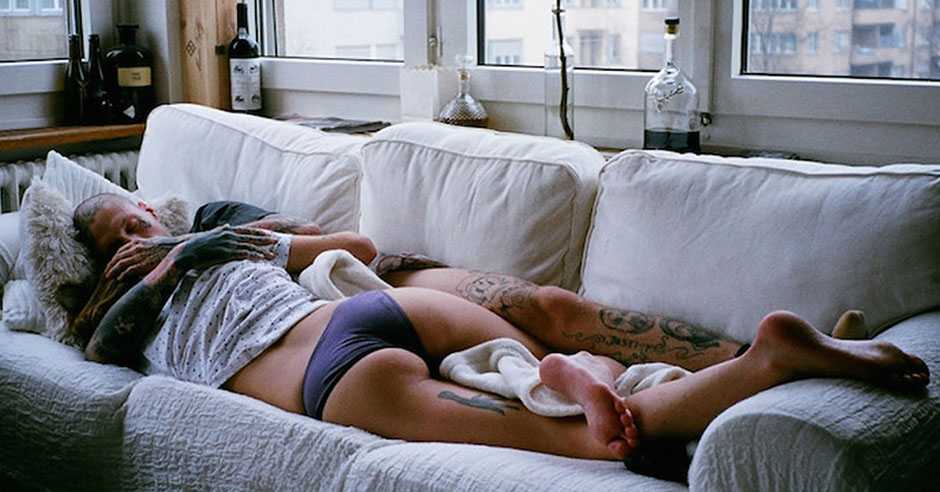 5.35 of the Code of Administrative Offenses of the Russian Federation.
5.35 of the Code of Administrative Offenses of the Russian Federation.
In the second example, a teenager stole a car at night to ride with friends and had an accident - crashed into a tree. As a result, one passenger died. The driver was then already 16 years old, that is, he had reached the age of criminal responsibility. Therefore, he was attracted under Part 1 of Art. 166 of the Criminal Code of the Russian Federation - taking possession of someone else's car without the purpose of theft and part 3 of Art. 264 of the Criminal Code of the Russian Federation - a violation of traffic rules that negligently caused the death of a person. And his parents were brought to administrative responsibility under Part 1 of Art. 5.35 of the Code of Administrative Offenses of the Russian Federation, they were obliged to pay for the repair of a broken car and compensate for the costs of a funeral. According to the law, at the age of 16, the child himself bears civil liability, but he did not have money for this, so the parents answered.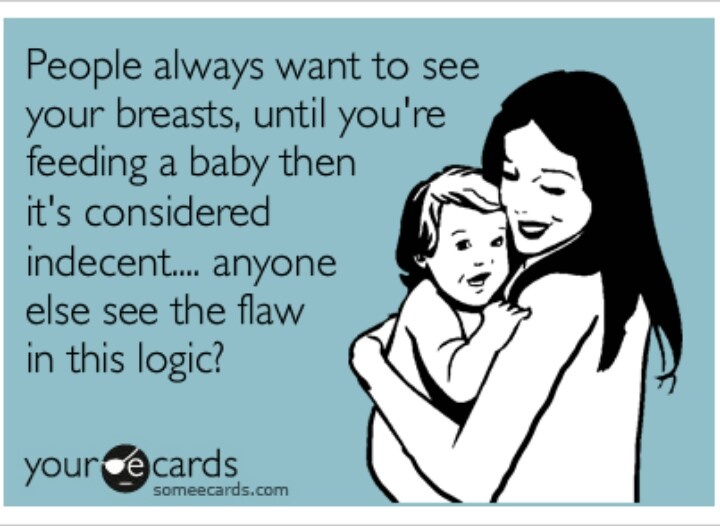
You cannot leave your child unattended near the pond . This is not regulated by law, but adults should be aware that any body of water is a place of increased danger, and children regularly die while relaxing on the water and near water bodies. Even in the bathroom, a small child should not be left alone for a second: he can slip and get injured or even drown.
/deti-more/
Personal experience: how to gather a child at sea
Tragedies occur mainly due to the negligence and carelessness of adults, due to the fact that children cannot or do not swim well, swim in unidentified and unequipped places do not comply with water safety rules.
For example, in the Belgorod region in 2021, 175 administrative materials were drawn up for the improper performance by parents of their duties when their children were near the water.
In my practice, there was also such a case. In 2022, in the Belgorod region, a seven-year-old boy without adult supervision ended up with friends on a suspension bridge without handrails. One of the guys, according to eyewitnesses, pushed the boy off the bridge, he fell and drowned. He had no parents - only a guardian, who after this incident was removed from duties. They also punished a representative of the administration who was responsible for the condition of the bridge.
One of the guys, according to eyewitnesses, pushed the boy off the bridge, he fell and drowned. He had no parents - only a guardian, who after this incident was removed from duties. They also punished a representative of the administration who was responsible for the condition of the bridge.
“Parents are not responsible for everything”
Dmitry Sergeev
retired police major
Author profile
I often come across the opinion that parents are responsible for literally everything that happens to a child. In fact, this is not so. Administrative and criminal liability can be brought only if the person is to blame for what happened. This also applies to parents - if they are not guilty of what happened to the child, then they cannot be punished and for nothing.
For example, a child slipped, fell and broke his leg. Mom is interrogated, and she gives explanations - she is guilty, she overlooked, she herself did not follow the child. She is brought to administrative responsibility. And then it turns out that it was the neighbors who spilled oil in the entrance, on which the child slipped. Mom couldn't foresee and prevent it. But she was already punished, based on her explanation.
She is brought to administrative responsibility. And then it turns out that it was the neighbors who spilled oil in the entrance, on which the child slipped. Mom couldn't foresee and prevent it. But she was already punished, based on her explanation.
That is why each situation needs to be dealt with individually. And the decision to hold liable should be made depending on the specific circumstances.
For example, a police officer sees a child without adults at night. This does not mean that parents will be punished. First you need to understand the situation.
Usually, when meeting a child, the policeman will find out why he is alone on the street at such a time. If a child says that he is just going home, where his parents are waiting for him, he, of course, will not be taken to a temporary detention center for minors. And there is no violation of the law in this case. If possible, the policeman will take the child home and this will all end - there is no threat to the life and health of the child, the parents are waiting and worrying at home, the law has not been violated.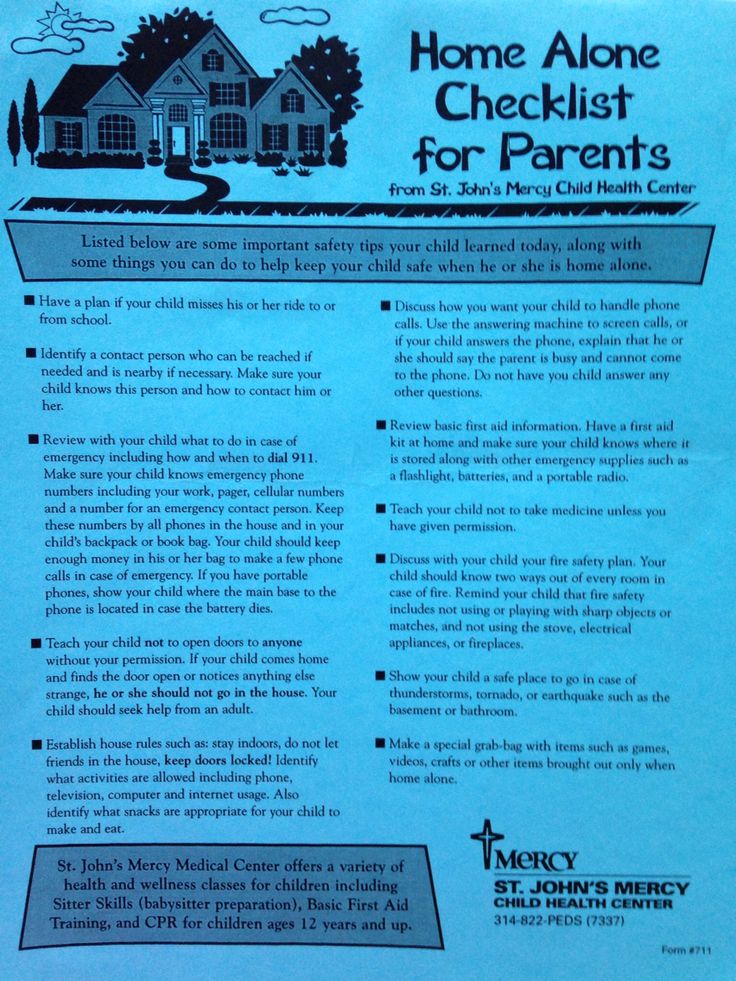
If the child answers that he is just walking, the policeman is likely to look at his watch. You can still take a walk at 21:00 - anything can happen. But if the clock is 03:00, and the events take place far from residential buildings, he will clarify who let him go for a walk at night and how he ended up in such a place.
If a child, for example, starts to run away, the employee may assume that he became either a participant in the crime or its victim. And in order to find out everything, they can take him to the police and interrogate him in more detail. But this does not mean that parents will have to answer. For example, if a child is kidnapped, then the kidnappers will be held accountable, not the parents.
Another possible scenario is that the child will say that his parents kicked him out of the house and, for example, have been drinking for several days. A different algorithm will work here, because the parents put the child in danger. And that means he needs to be taken to a safe place - to the police department.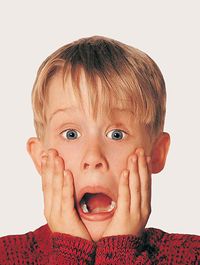 And then information about this will be transferred to the CDN, and parents, most likely, will be fined and registered.
And then information about this will be transferred to the CDN, and parents, most likely, will be fined and registered.
This means that simply letting a child go for a walk in the center of a metropolis in the evening is not yet a violation. But to send him barefoot for alcohol in winter is a violation. Because the child is in danger.
Let me give you a real example — a child went for a walk during the day. And as a result of this, his mother was deprived of parental rights. But this happened because he went for a walk without clothes and shoes at -40 °C. So the time of the walk does not always matter - the circumstances are more important.
Kindergarten or school. When a parent transfers a child to an educational organization - a kindergarten, school or circle, he also transfers responsibility for his safety. This means that from the moment the child is in a group or class, the educator or teacher is responsible for his life, health and development.
part 6, 7 28, paragraph 8, part 1, art. 41 of the Law "On Education"
In 2019, during a morning walk in a kindergarten, a children's iron sports equipment fell on a child - a rainbow that was not fixed. Because of this, the boy received a broken arm.
The father of the child went to court to receive compensation for moral damage. He claimed that the educational organization did not ensure the safety of the child and did not provide him with the necessary medical care.
The court sided with the parent and granted the claim. He also pointed out that because of the incident, a teacher and a worker for the integrated maintenance of the kindergarten building had already been brought to disciplinary responsibility.
When can children be left unattended
At what age can a child be left alone at home by law. There are no restrictions and age limits for such situations in the legislation. In life, this is more of a moral issue than a legal one.
But in any case, parents are obliged to prepare the child for the fact that he will be left alone - to tell how to behave if a stranger calls at the door, how to warm up food or how much cartoons can be watched on TV.
/list/chemu-nauchit-rebenka/
What to teach a child so that he does not become a victim of a criminal
They are also obliged to prepare the apartment for the fact that a child will be left unattended in it. For example, keep sharp objects away, securely close windows, turn off the gas, hide matches and lighters.
If something happens to the child while the parents are not at home, they can be brought to administrative or criminal liability, which I described above. But only if their guilt is established.
For example, if a child found his father's gun in the absence of his parents and shot himself, the parents are to blame: they left a dangerous thing in the access. And if a downstairs neighbor set fire to his own apartment, and other people's children suffered from this, their parents are not guilty and they will not be punished.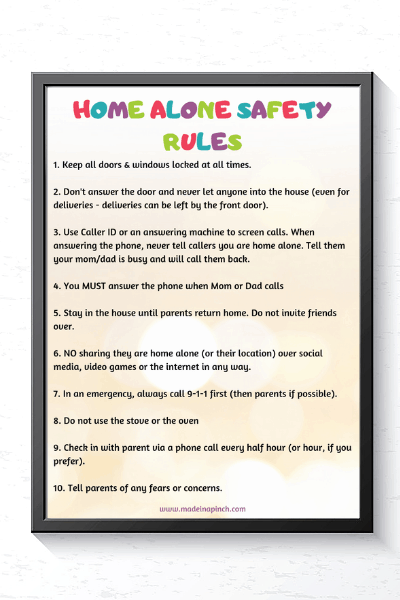
"It's better not to leave children at home alone"
Polina Koryagina
mother of two children
Author's profile
I have two children - 8 and 6 years old. It so happened that they grow up in a family where everyone works: both parents and grandparents. During working hours at home with children, I am alone - I work remotely.
When my son was 5 and my daughter 3, I had to leave them at home alone: they were both sick, didn’t go to kindergarten, and I urgently needed to go to the pharmacy for a child’s antipyretic, because the one who was at home had expired validity. I had no one to ask to marry me or stay with the children, so I reminded the children not to touch the stove and go up to the windows, turned on the cartoons and left for 20 minutes. one just for a couple of minutes, and a fire started, and so on. But everything went well: I found the children in the same place where I left them, and in perfect order.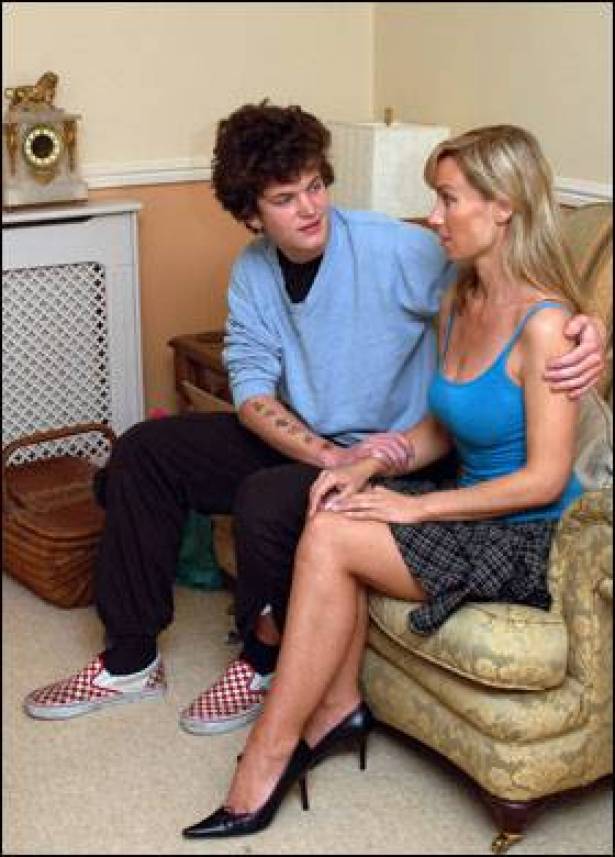
And although several years have passed since that day, I still try not to leave my children at home alone, neither together nor alone. And every time I remind you what to do if everything does not go according to plan.
I think it does not matter where the family lives, in a big city or in a small village: I would not leave children alone for a long time until they are at least 12 years old. When I was 10, I did not go to school due to illness, and my parents were at work. On that day, a robber broke into our apartment through the balcony. I was lucky: he tried to fence the apartment above us, but the owners returned, so he went down to our balcony, broke the window and just ran into my room to jump out of the window on the other side of the house. But I was very scared. I remember how I hid behind the sofa in the living room and called 02, I remember how I said: “Please come soon. And then I’m 10 years old and very scared.”
Everything ended well, but I don't want my children to experience something like this, so I'll try not to leave them alone at home on a permanent basis for as long as possible.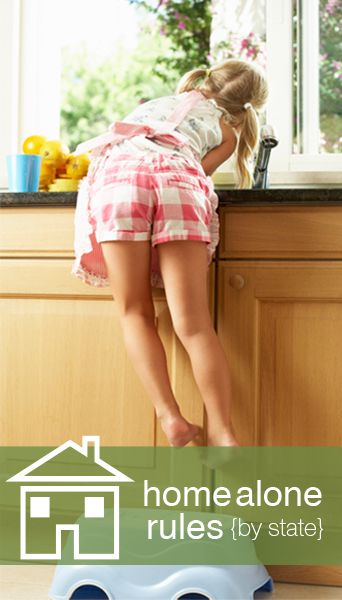
“Staying home alone is good”
Tamara Gerasimovich
mother of three children
Author profile
I have three children — 12, 10 and 7 years old. The eldest daughter almost never stayed at home alone: grandfather and grandmother inspired me that it was dangerous and scary. I tried not to convey these concerns to her, but she understood everything anyway. Therefore, she is still afraid to be alone even during the day and prefers to walk while no one is at home: she is calmer on the street.
I left my middle son at the age of seven and a half - he was sick, and I had to take my eldest daughter to school. Then he was a little nervous, but in general everything was in order. So gradually he got used to being alone. I was afraid for him, but he is calm, not playful, but on the contrary, too cautious, so now he is calmly sitting at home alone.
The youngest was home alone for the first time at the age of six - I needed to meet one of the older ones, and I left her at home with the phone. And so it happened. If she is very scared, she turns on the voice assistant Alice or calls me.
And so it happened. If she is very scared, she turns on the voice assistant Alice or calls me.
Now, if there are three or two children, they can sit alone most of the day. I can come in, check, bring groceries and leave again on business. They will be a little indignant, but on the whole they will remain well - without tears. The only thing is that they are afraid to sit alone at home when it is dark. And in winter it will be a problem.
I think that two points are important in this matter. The first is to look at the child: if he does not panic, can serve himself, for example, find a snack or pour water, then you can leave him alone for a while. This is a useful experience: to be alone, to be alert, to feel responsible.
Second - it should be safe in the house. When we lived on the 15th floor, I never left the children alone. And now we live on the first floor, we have a secure door, we have a mobile phone at home, I turn off the stove when I leave and check everything.
The question of whether it is possible to leave a child alone at night, is solved in the same way - this is not prohibited by law, but parents must ensure his safety, even if they are not nearby.
Is it possible to leave a child at home with older children. This is not prohibited by law. But it is important to remember that the responsibility for children lies with their parents, not older children. Therefore, if a child suffers, it is the parents who will be punished - but only if their guilt is established.
“Before you leave, create a safe environment for your child and talk to him”
Margarita Noskova
psychologist
Author’s profile
It is impossible to unequivocally answer the question of at what age you can leave a child alone for some time. Most recommendations boil down to the fact that supervision is necessary up to 7 years. At the same time, some babies at the age of 5-6 are quite independent and are quite capable of spending 1-2 hours without parents, while others should not be left without adults even after 7 years.
From the point of view of evolution, being alone for a child means death, he is really very scared. The baby's brain is not yet able to understand that times have changed, a wild beast will not get into the cave, dangers in the environment have been reduced to a minimum. In addition, such a concept as "time" is still too difficult for preschoolers to comprehend, every minute without parents seems like an eternity.
If you decide to leave your child alone for a few hours, it is important to create a safe and predictable environment. Physical security means, for example, that blockers are installed on the windows, furniture is fixed so that it does not fall on the baby, and dangerous objects cannot be found.
Predictability is also important for peace of mind and a comfortable psychological state. In no case should you disappear without warning, you must tell the baby in advance where you are going when you return, what he can do while you are away. For example, you can put a clock in a prominent place and say that you will return when the big hand is here and the small one is here.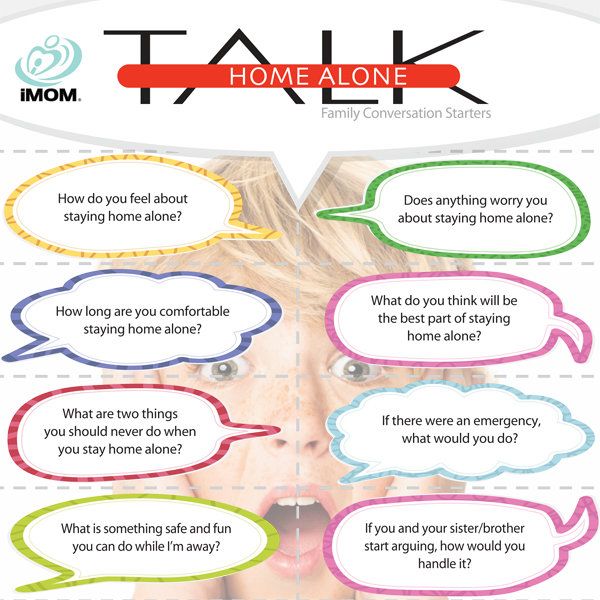 This will help to avoid the baby's worries that the parents did not return on the promised date.
This will help to avoid the baby's worries that the parents did not return on the promised date.
An excellent option would be to list the activities that the child will do while you are away. For example, "you will play, read a book, drink water and eat the cookies that I left on the table for you, and then I will return."
Remember
- Parents or guardians of minors are responsible for their life and health. And if the child is harmed, they will bear the statutory liability - civil, administrative, family law or criminal.
- As part of civil disputes, parents compensate for property damage caused by their child. Until the age of 14 they do it without fail, and from 14 to 18 years old - only if the child does not have his own money for this.
- Parents who do not fulfill parental duties are brought to administrative responsibility. The fine for this is 100-500 R.
- Family liability is the restriction and deprivation of parental rights.
 So parents are punished if they create conditions that are dangerous to the life or health of the child.
So parents are punished if they create conditions that are dangerous to the life or health of the child. - Criminal liability is provided for violation of the norms of the Criminal Code of the Russian Federation. For example, parents are often found guilty if they leave a child in danger or abuse it.
Home alone: at what age is a child ready to be left without adults?
Can I leave my child at home alone? For an hour? And for two? With tablet or without? At what age? Every parent invariably faces these questions, because the moment when you desperately need to “run out for literally five minutes” comes to everyone. Especially for "Oh!" this topic is considered by our expert, child psychologist Anna Skavitina, not only from a psychological point of view, but also from the point of view of the law.
Anna Skavitina, psychologist, analyst, member of the IAAP (International Association of Analytical Psychology), supervisor of the ROAP and the Jung Institute (Zurich), expert of the journal "Psychologies"
— Help us! My son is not left alone for a minute, I can't even go to the pharmacy.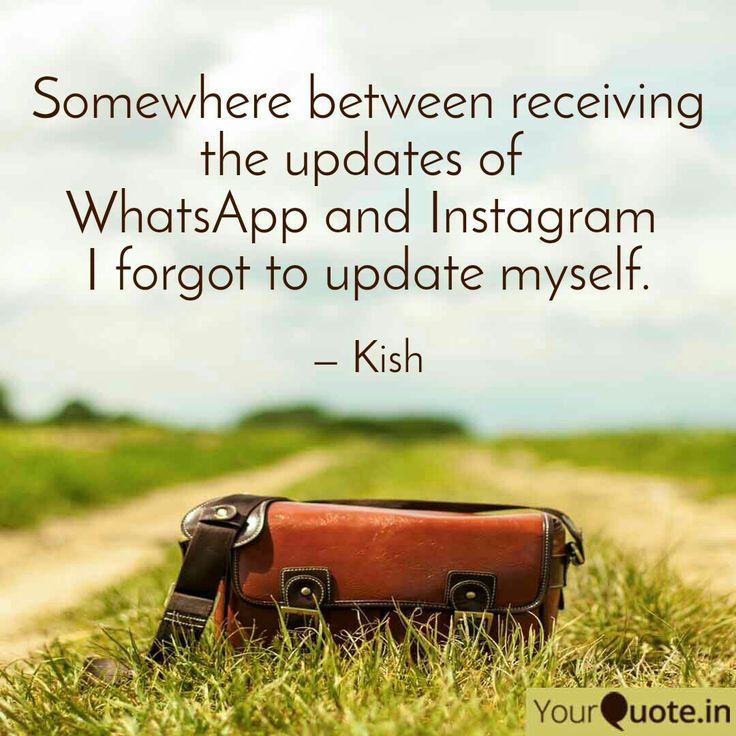 And he is already 5 years old!
And he is already 5 years old!
- He is 5 years old, and you want him to stay at home alone, without adults?
- Well, yes! Mothers on the playground say that their children are left alone calmly. Tablet in hand - and that's it, silence. You can even go to the supermarket. It doesn't save my tablet, it hangs on me anyway. My mother also left me at home from the age of three. Milk and a sandwich on the table, and ran away on business. I was sad, of course, but I didn’t get hysterical, I didn’t cling to her.
— Yes, it happened to many children. In the USSR, there was not even a law that would regulate at what age a child can be left at home alone. When would parents work if they were busy looking after children? No wonder this generation is called the generation of "Uncle Fyodor". No one was particularly surprised that a six-year-old boy lives alone in the village with a cat and a dog.
- What's wrong with that? We survived!
— Yes, they survived. Do you know the term “survivor error”?
— No. And what is it?
And what is it?
- The one who was left at home, and he did not survive, can no longer tell anything. This is the so-called survivor bias. But if I survived, then this is normal, or not so harmful. I survived! For example, parents beat their child in a soft spot, on the head, but they do it solely for the benefit and education, because they, the parents, once survived, coped with the same difficult and terrible situation. And since they survived, it means that it is useful or not so harmful for their child. After all, no one will remember those who were beaten, whose life turned out unsuccessfully, or even did not work out at all. Maybe they decided not to have children either. Accidentally. It just happened. Somehow, the children themselves did not start to have, and it’s impossible to find a loved one for family happiness, otherwise they would give birth to so many children.
Survivors answer you when you ask for advice. They once made the right decision for themselves, managed to adapt in difficult conditions. But it is not at all necessary that their advice will help you. And, of course, there are no universal recommendations, otherwise everyone would have been happy for a long time. One mother told me that her baby slept so well that in the evenings she went to the cinema. She said that he woke up only once - she found him screaming. Well, comforted me. How many times he broke down while she left him alone, we will never know. Alive is the main thing. She is sure that there is nothing wrong with leaving the child unattended while he sleeps.
But it is not at all necessary that their advice will help you. And, of course, there are no universal recommendations, otherwise everyone would have been happy for a long time. One mother told me that her baby slept so well that in the evenings she went to the cinema. She said that he woke up only once - she found him screaming. Well, comforted me. How many times he broke down while she left him alone, we will never know. Alive is the main thing. She is sure that there is nothing wrong with leaving the child unattended while he sleeps.
— So you can't leave a child alone at the age of five? Is there a law?
- I'm not a lawyer, I'm a psychologist, but I know that there is a law in Russia. There is no direct prohibition or permission to leave children at home from a certain age in Russian legislation, there is only an indirect one. However, in the Criminal Code of the Russian Federation there is article 125 “Leaving in danger”, which says that leaving a minor at home, parents will be punished.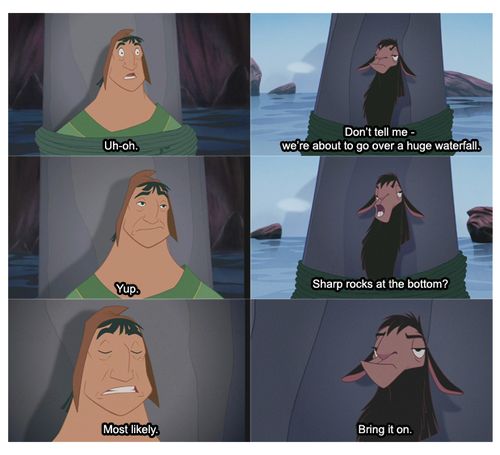 Juveniles, according to the civil code of Russia - "minors who have not reached the age of 14 years."
Juveniles, according to the civil code of Russia - "minors who have not reached the age of 14 years."
Article 125. Leaving in danger had the opportunity to provide assistance to this person and was obliged to take care of him or himself put him in a state dangerous to life or health, -
shall be punishable by a fine in the amount of 50 to 100 times the minimum wage, or in the amount of the wage or salary, or any other income of the convicted person for a period of up to one month, or by compulsory works for a term of 120 to 180 hours, or by corrective labor for a term of up to one year, or arrest for up to three months.
Thus, in Russia, leaving a child without help is unacceptable until they reach the age of 14. It is also a violation of the law for a child under the age of 18 to be alone on the street and in public places without being accompanied by responsible adults from 22:00 to 06:00. If the child is staying somewhere away, then the parents are obliged to come for him.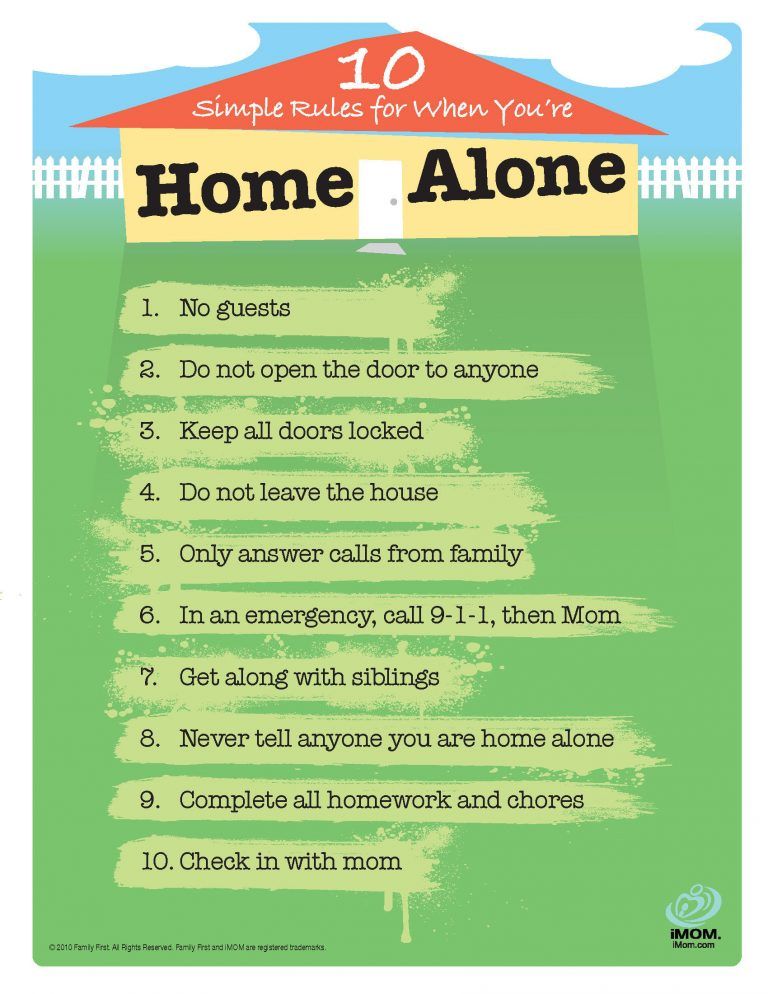 By the way, a lot of people just don't know this. If you left a child under the age of 14 alone at home - and nothing happened, then this is one situation, but if something does happen, then you bear criminal responsibility for this, among other things. But now we will discuss with you not the legislative framework, but why you should not do this, and also try to understand when you feel the need for this and what can be done to avoid such situations.
By the way, a lot of people just don't know this. If you left a child under the age of 14 alone at home - and nothing happened, then this is one situation, but if something does happen, then you bear criminal responsibility for this, among other things. But now we will discuss with you not the legislative framework, but why you should not do this, and also try to understand when you feel the need for this and what can be done to avoid such situations.
- I am literally chained to the child, I need to dress and collect it in order to go outside, to get to the pharmacy. This is not always convenient. It's easier to leave him at home and run out quickly.
— I agree. There are situations when it is difficult to go out alone with children, especially when you have more than one child, but several, or if the children are sick. Do you have a husband, neighbors, girlfriends, familiar mothers from the playground, relatives?
- Yes, but it's not always convenient to ask for them.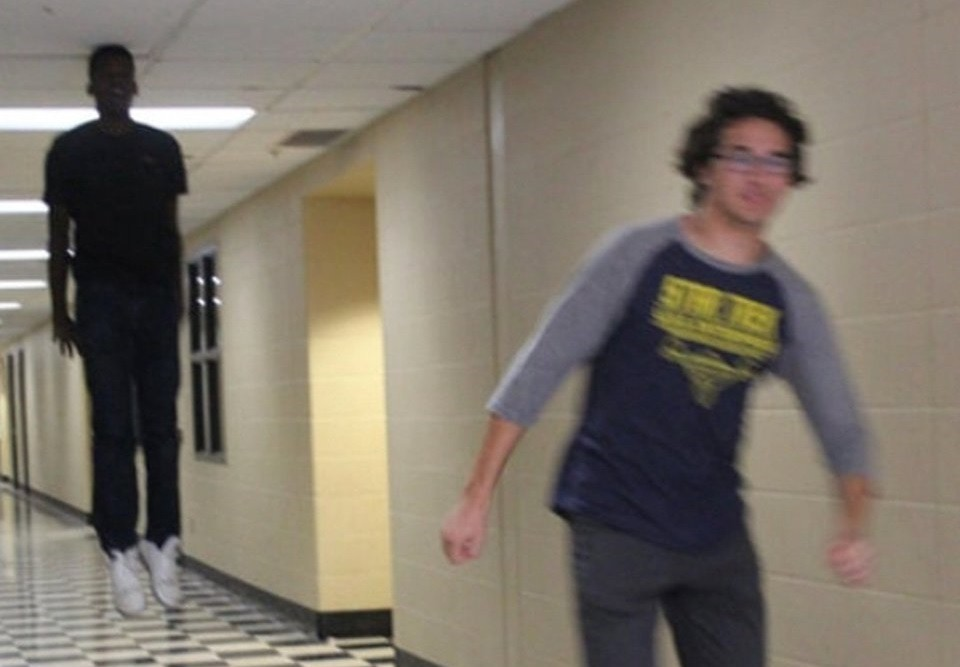
— I understand that it is difficult for mothers to cope without the support of another person. But this is a matter of your child's safety. And your responsibility. Do you know the phone numbers of all your friends in order to help each other out? Now in big cities there are many delivery services that can help in critical situations.
- No, I don't know the phone numbers. By the way, it's a good idea, you can create a general chat to help each other. But what's so terrible about running out for a minute if the child stays on his own and doesn't act weird?
- One day I stopped near a sobbing woman who had fallen and broken her leg after slipping on the ice. She called an ambulance and asked: "Is there someone at home?" She began to sob even harder, “Yes. Three year old child. One!" Mom decided to "shop around the shops while he sleeps." Where is the husband? Business trip. Does anyone have the keys? Yes, at my mother-in-law not far from Moscow. Did you call her? Not yet. Why? The mother-in-law will yell at me. I asked my mother-in-law to call immediately. The ambulance took the woman away on a stretcher - a double open fracture. They said that she would definitely spend a few days in the hospital. This is the situation of leaving the child in danger. I can understand that this woman was tired of sitting at home, she really wanted to go out for a while, she was used to doing everything herself, not asking anyone for help. She didn't expect anything terrible, of course. I will not tell other scary stories, believe me, I have accumulated a lot of them over the years of work, and resuscitators and traumatologists have a lot more.
Why? The mother-in-law will yell at me. I asked my mother-in-law to call immediately. The ambulance took the woman away on a stretcher - a double open fracture. They said that she would definitely spend a few days in the hospital. This is the situation of leaving the child in danger. I can understand that this woman was tired of sitting at home, she really wanted to go out for a while, she was used to doing everything herself, not asking anyone for help. She didn't expect anything terrible, of course. I will not tell other scary stories, believe me, I have accumulated a lot of them over the years of work, and resuscitators and traumatologists have a lot more.
We find it hard to believe that something could happen unexpectedly - to us, to the electrical wiring, to the gas stove. But this, unfortunately, happens, and often. Even if you have the most independent and responsible child in the world, he is not always able to cope with what is happening. When you leave home, even "for a moment", children may imagine that you are leaving forever! Any child knows that the safest place in the world is next to his mother, and tries, if possible, to stick to it.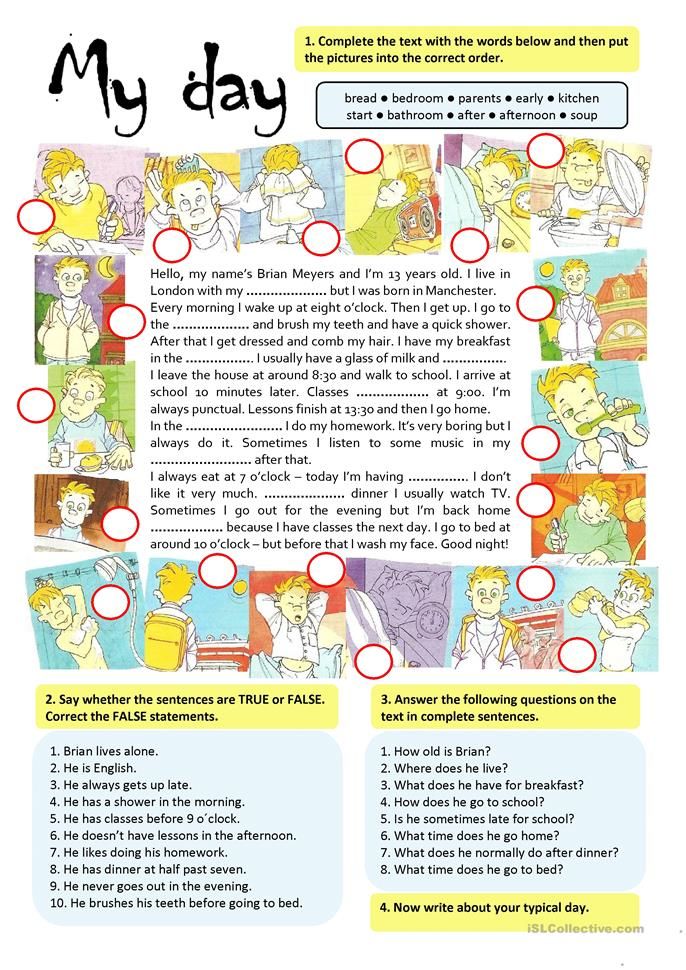 If a child does not let his mother out of his sight - this is the most striking indicator that he is not sure of his own safety, does not know how he can cope in different situations alone, without a mother. Our task is not to convince him in words - no one will believe you, but to teach him to act. The main thing in this matter is gradualness. Let's discuss how to teach your child to be independent so that later you can leave him at home safely so that he can cope with his life in the future. Our task is not to lead by the hand until old age, but to teach how to live and survive.
If a child does not let his mother out of his sight - this is the most striking indicator that he is not sure of his own safety, does not know how he can cope in different situations alone, without a mother. Our task is not to convince him in words - no one will believe you, but to teach him to act. The main thing in this matter is gradualness. Let's discuss how to teach your child to be independent so that later you can leave him at home safely so that he can cope with his life in the future. Our task is not to lead by the hand until old age, but to teach how to live and survive.
-
Let your child play alone. First next to you, then in another room. So he will gradually be convinced that he may be alone for some time, but you are always somewhere nearby.
-
Allow your child as much independent self-care activities as possible. Dress yourself, undress, pour water into a glass, use a fork and knife, cut a salad.
-
Show where the food is, where the child can get it from.
 Try not to hide tasty treats in distant cabinets. Often children are looking for something to eat and climb into places where it is not safe.
Try not to hide tasty treats in distant cabinets. Often children are looking for something to eat and climb into places where it is not safe. -
Show how to use household appliances correctly. Turn on and off the kettle, stove, washing machine.
-
Teach them not to open the door to strangers, use the phone, know the numbers of parents, relatives, rescue services. Let all numbers be written down on paper and lie in a conspicuous place, and not just in the phone's memory. Just in case, say what you need to report by phone to the rescue service: full name, address, situation.
-
Consider a safe window closing system from the moment your child starts moving around the apartment, that is, by the end of the first year of life. Mosquito nets often deceive children by giving them the false impression that they can be leaned on.
-
A child should be able not only not to open the door to strangers, but also to quickly get out of the apartment if the source of danger is inside.

As soon as your child learns to be in an apartment on his own, that is, not to sit for an hour with a tablet, but consciously begins to understand how to cope with different situations inside the house, then the age of leaving him alone for a while will come. Some children can be left for a while already at 7-8 years old, others at 14-15 too early. In European countries, children from the age of 16 are allowed to be at home alone. In the US, everything changes from state to state, but today there is a ban on being at home alone if a teenager is under 15 years old. In some states, the age has been increased to 16-17 years. In Nevada, children under the age of 21 are not only allowed to be unsupervised at home, but also not to go outside after 21:00. In Japan, boys from 12 years old, and girls from 11 years old can stay at home without adults, and in India - from 8-10 years old. At the same time, marriages in this country are concluded at the age of 12-13 years.
The main thing is that the responsibility for children and testing their ability to stay at home alone lies with the parents. We are all afraid of external danger, we live behind iron doors, which, if something happens, cannot even be quickly opened. Children are locked up, often out of a false idea of caring, out of fear, a desire to avoid trouble, to be good parents: let them sleep in the car - don’t wake them up, let them stay at home - don’t carry them with you, there are infections. Sometimes you just want to come to your senses, recharge with impressions, save yourself from parental burnout. Many parents themselves grew up with an abandoned complex - they were regularly left alone with a key around their neck, and they just as easily leave their children alone, not only not seeing anything special in it, but even with a share of pride: mine can already sit by themselves. It’s great if nothing terrible happens, but it’s almost impossible to forgive yourself if something happens to a child in the absence of adults. Left in apartments, cars, children turn out to be a terrible sacrifice to our fears and false ideas about safety.
We are all afraid of external danger, we live behind iron doors, which, if something happens, cannot even be quickly opened. Children are locked up, often out of a false idea of caring, out of fear, a desire to avoid trouble, to be good parents: let them sleep in the car - don’t wake them up, let them stay at home - don’t carry them with you, there are infections. Sometimes you just want to come to your senses, recharge with impressions, save yourself from parental burnout. Many parents themselves grew up with an abandoned complex - they were regularly left alone with a key around their neck, and they just as easily leave their children alone, not only not seeing anything special in it, but even with a share of pride: mine can already sit by themselves. It’s great if nothing terrible happens, but it’s almost impossible to forgive yourself if something happens to a child in the absence of adults. Left in apartments, cars, children turn out to be a terrible sacrifice to our fears and false ideas about safety.





